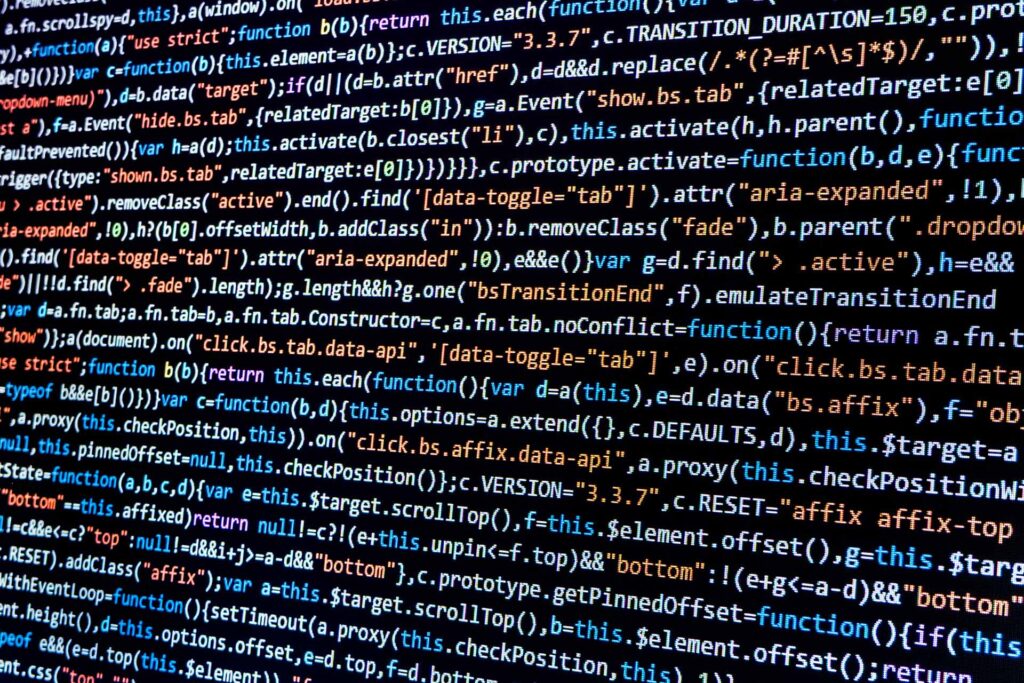
If you are a regular reader, you know that over the last couple of years I have strongly advocated minimizing the use of Cerner Millennium’s messages.suppress file. Functionality that was intended to prevent extraneous events from cluttering up your message logs has been horribly misused by Millennium system administrators and the application support and application development staff. As a result, vital events are not being sent to the message logs, events that need appropriate troubleshooting and longer term problem resolution. (See “When No News Is Bad News” and “Messages.Suppress File Can Hide Serious Issues.“)
In recent months, however, I have seen some improvements in Millennium’s base tuning and configuration when a particular event is suppressed, so today I have an unexpected recommendation.
The improvement involves an event called SEC_seclibAudit, which is an Audit-level event telling you that debug is not enabled for the security components. A couple of years ago, only CPM Code Cache Manager seemed to log this event. With the 2010.x code, however, SEC_seclibAudit appears to be written by all of the Millennium servers. It generates two rows in the Data column of the message log each time it occurs. The first row says:
[SecDebugLog::Instance] Creating debug logging singleton.
The second row says:
[SecDebugLog::CheckConfiguration] Debug logging not enabled for all security
components, componentLogicalName (SecDebugLogsecrtl)
This is a good setting, but you don’t need to be told about it with every executable. It would be better if you could assume the setting is off unless you took action to turn it on. (To enable debug logging, set the LogLevel of a server to 4 or set the environment variable or logical of CPM _GLOBAL_LOGGING or any one of a number of other logging increases that are available to individual Millennium servers.) This message has become so prevalent, logging on all servers, it has become noise. One client, who cycles 19,000 servers each week, gets 38,000 messages every week for this one event.
To stop the noise, I have to make a recommendation I rarely make: Put this event in the $cer_mgr directory’s messages.suppress file. Then cycle all of your multi-instance servers to make the change take effect.
Prognosis: Using the messages.suppress file appropriately stops extraneous logging and keeps your message logs clearer for real problems.
